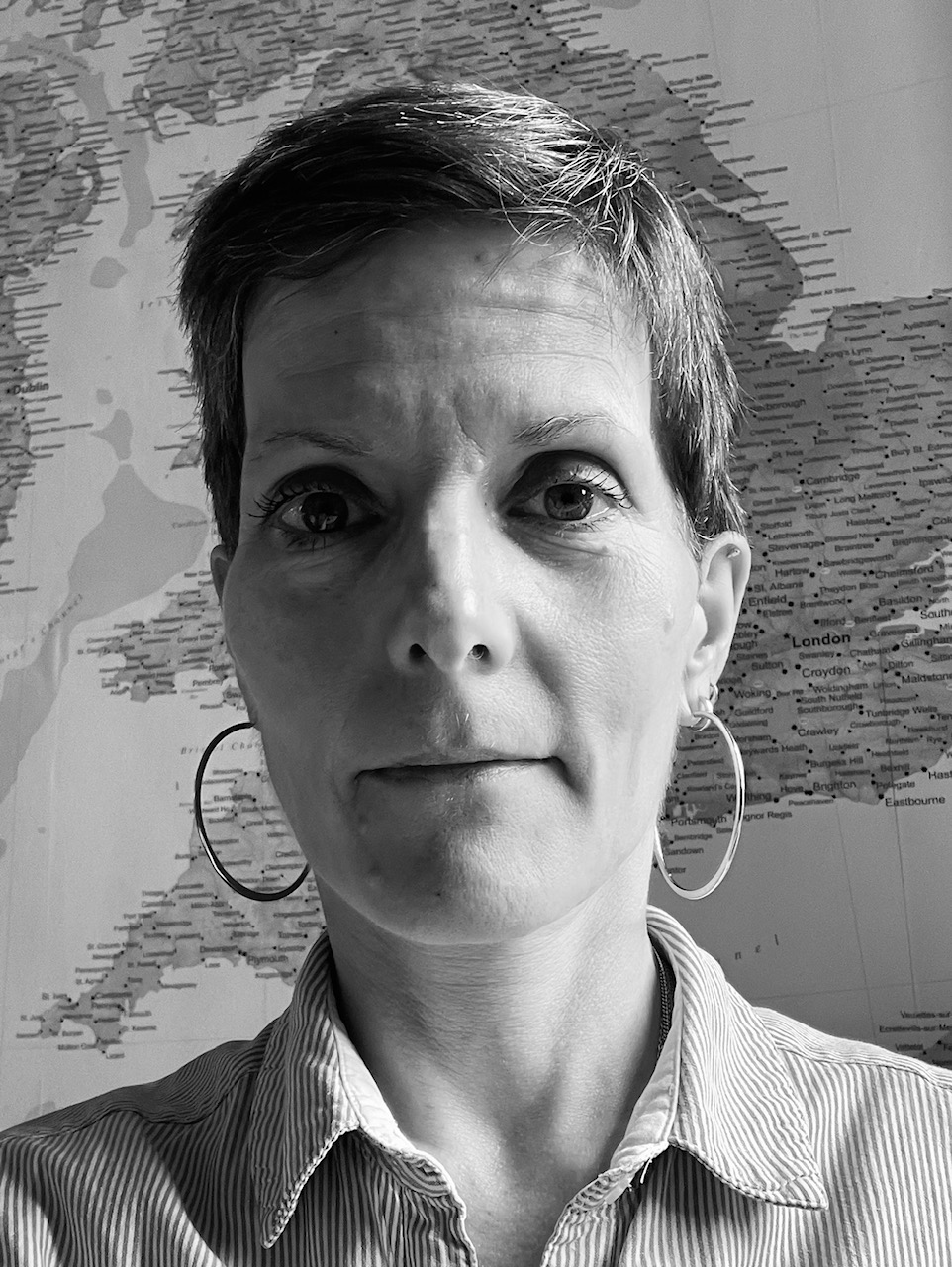This is the first of a series of weekly posts in which welldoing.org therapists share with us the books they recommend to their clients, or find specially powerful on the subject of therapy or wellbeing. The first week's selection is by North London psychotherapist and counsellor Julia Bueno, who has often contributed to the site.
Paul Gilbert: The Compassionate Mind
This is Paul Gilbert's first book and the one to start with - if it grabs, there's more. His life's work has been around alleviating self-criticism and shame - issues that affects so many of us, and certainly presents in most of my clients. He presents theory, and a concrete practice to work with our negative self-talk, combining research from psychology and evolutionary science, his vast experience and his decades-long relationship with Buddhist philosophy and meditation. He is firmly secular though, and candid about his own experiences which makes the book accessible to many. He also happens to be a wonderful man to meet.
Brené Brown Rising Strong
Brené Brown's work is a close cousin of the compassionate work building globally. If you haven't seen her TED talk yet I doubt it , it should persuade you to read her literature - this isn't her first book but you don't miss out, as it builds on her earlier thinking. She addresses the inevitability of life's slings and arrows - of hitting rock bottom for some - and how we can use vulnerability to our advantage - and to the advantage of others too. Many of my clients find it very supportive alongside therapy.
Margot Waddell Inside Lives: Psychoanalysis and the Growth of the Personality
A little known treasure amongst the non-therapy audience, I wouldn't have got through my training without this beautifully, at times deeply poetic book. If anyone is interested in psychoanalytic thinking - students or clients or novelists alike - this has to be one of the best books that introduces Freud and post-Freudian thinking. Through the lens of powerful ideas that grip much of our cultural thinking, Waddell takes us through the life cycle - from birth to death - and the states of mind that we experience throughout.







